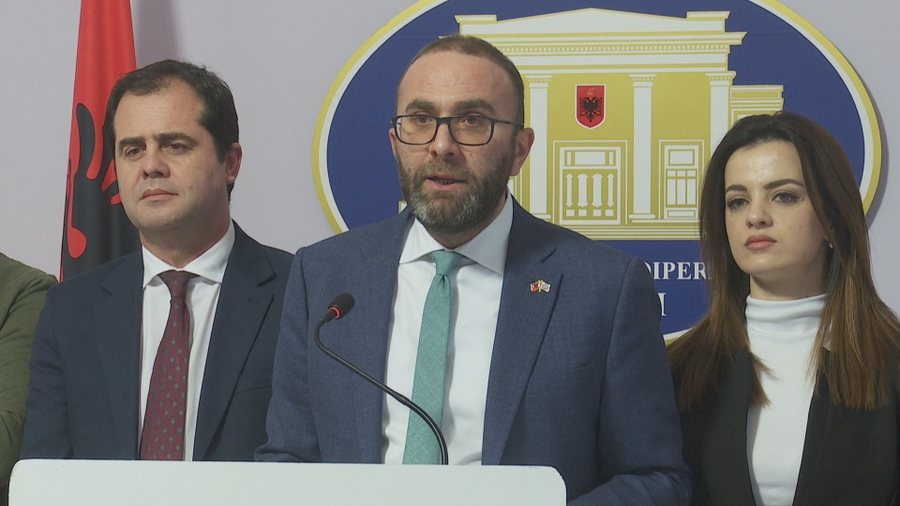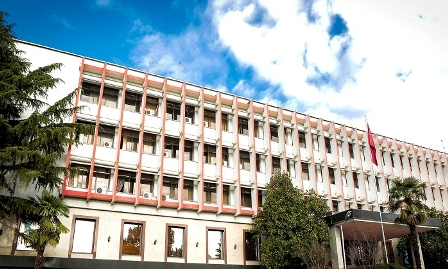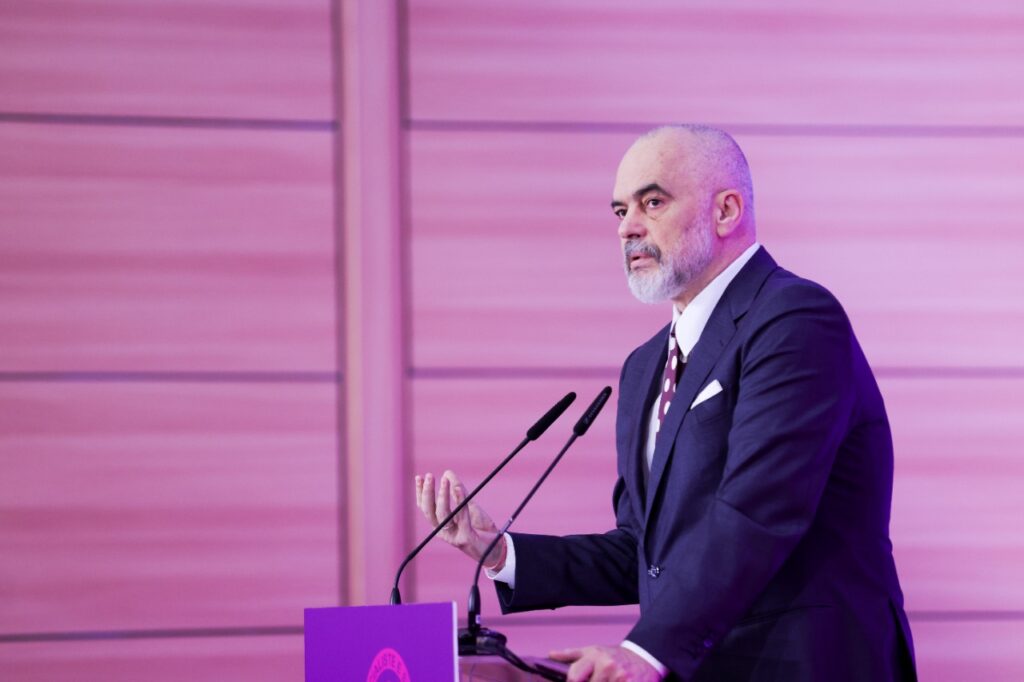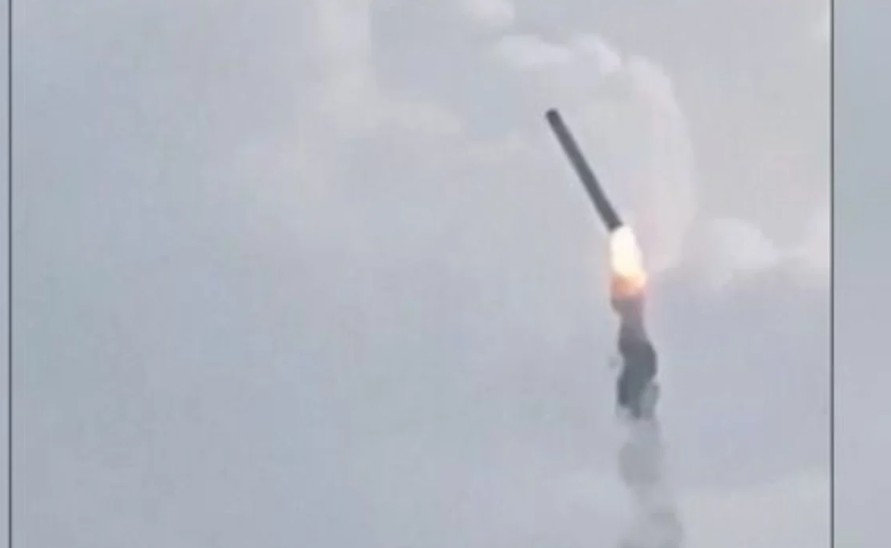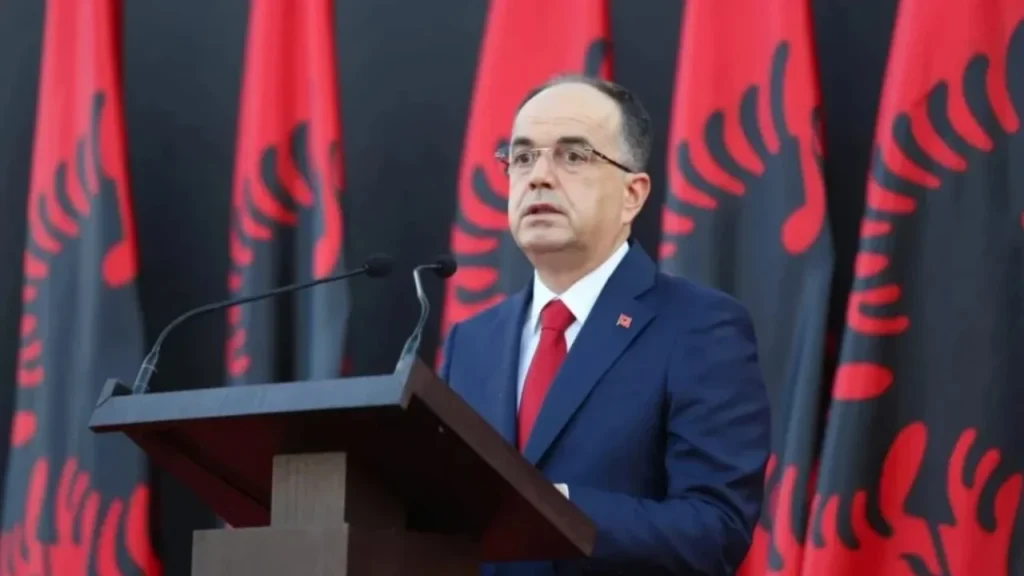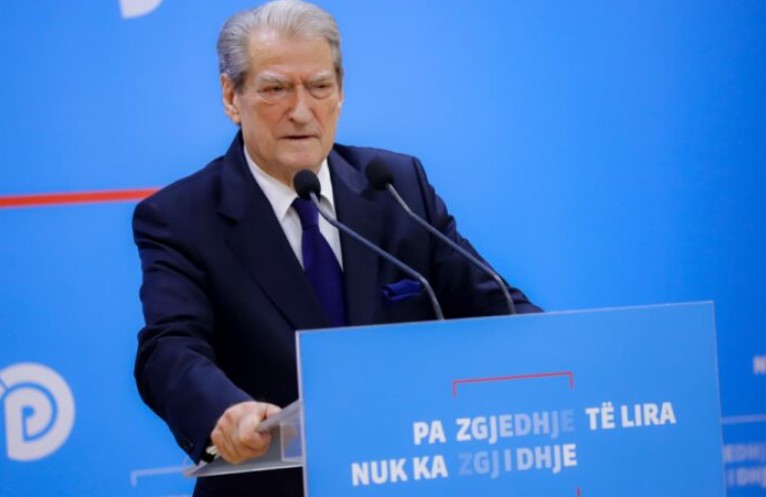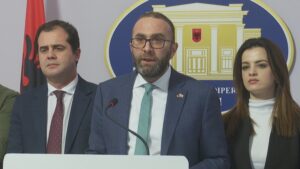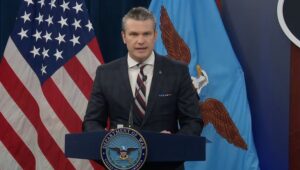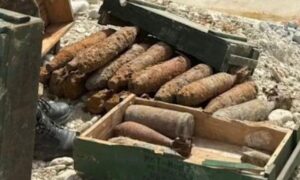A stormy May in Macedonia
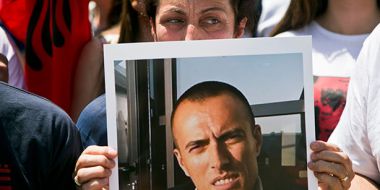
This outbreak did not yield the same results as the “Orange Revolution” in Ukraine, although many people who look to the Balkans as a permanent “powder keg” would have liked it to. So far, common sense prevails in relations between the Macedonian government and the opposition. While party leaders postponed marathon talks under the European Union's auspices, the government's supporters and opponents remained in their encampments in Skopje, less than 1,000 meters away from one another. Such events are still characteristic of transitional and multi-ethnic former communist countries and they imply tense relations between the West and Russia which are also nothing new in the region.
On May 9, Macedonian police forces assaulted alleged militants in the mainly ethnic Albanian neighborhood of Kumanovo. In one particularly severe clash, eight police officers and 14 of the alleged militants were killed and 40 policemen were injured. According to the official version of the story, the militants were members of the disbanded ethnic Albanian Kosovo Liberation Army (KLA) who planned terrorist attacks inside the country. Prime Minister Nikola Gruevski even assumed that some of those killed or arrested in Kumanovo had fought "in the Middle East." However, many people were doubtful of the government's explanation of the operation, in spite of the fact that in the last eight months certain Macedonian or Kosovo Albanian nationalist groups have in fact been involved in some disturbances. The illegal Albanian Liberation Army (NLA) was behind a proclamation of the Albanian separatist Republic of Ilirida, consisting of the western half of Macedonia. In April 2014, 40 masked and armed ethnic Albanians wearing the insignia of the Kosovo Liberation Army took control of the Gosince border post for a couple of hours. Macedonia's current government believes the NLA and the Albanian nationalists from Kosovo and Albania want to create a Greater Albania, including large parts Macedonia.
In this particular case, Macedonian opposition groups and foreign observers alike believe the crackdown on alleged terrorists was politically motivated. Zoran Zaev, leader of the opposition Social Democratic Union of Macedonia (SDSM) suspects the ruling nationalist party — the Internal Macedonian Revolutionary Organization — Democratic Party for Macedonian National Unity (VMRO-DPMNE) — headed by Prime Minister Nikola Gruevski, of stirring up unrest to draw attention away from a political crisis in the country. The crisis erupted last February, when Zaev accused Prime Minister Gruevski of orchestrating the surveillance of over 20,000 people and requested his resignation. Taped conversations released at that time revealed the government's involvement in a wide range of offenses, including electoral fraud and abuse of the justice system and media.
Political tension in the country, caused by claims of mass illegal surveillance and further increased by the battle in Kumanovo, has provoked widespread anti-government demonstrations in front of the prime minister's office in Skopje. The demonstrations began on May 17, followed by pro-government rallies in front of the parliament building. The two blocs have set up permanent protest camps. Many Albanians — who make up at least a quarter of Macedonia's population — have participated in peaceful protests and demonstrations, proving that the government's accusations that Albanians are instigating the country's destabilization to be intentionally misleading. Alerted by the increased political crisis in Macedonia, the European Union (EU) initiated talks of the country's rival leaders. After two unsuccessful rounds in Skopje, Gruevski, Zaev and two ethnic Albanian leaders, Ali Ahmeti and Menduh Thaci, were invited to Strasbourg. There they spent 12 hours in talks with the EU Enlargement Commissioner Johannes Hahn, but still failed to devise a solution to Macedonia's greatest political crisis since the country's independence in 1991.
The events in Macedonia have raised great, but perhaps over-amplified, concerns in the region. As a response, Serbia elevated its combat alert status and Bulgaria reinforced the border with additional troops. World powers have also recently demonstrated an unusual interest in the region. US Secretary of State John Kerry and British Foreign Secretary Philip Hammond visited Bulgaria in January and Russia's Foreign Minister Sergei Lavrov made a visit to Belgrade specifically in regards to the Macedonian crisis. Albania's Prime Minister Edi Rama has shown sensitivity towards the Macedonian ethnic division, saying that during the Kumanovo incidents "the words ‘terrorism' and ‘Albanians' were unfortunately being associated together in a dangerous attempt to give terrorism an ethnic suffix and [Albanian] ethnicity a harmful prefix." Turkish President Recep Tayyip Erdoğan, from his particularly religious perspective, warned that clumsiness in putting protests to rest could lead to more regional religious conflict.
However, alluding that Macedonia's Albanian Muslims have been used in a bid to undermine the government in Skopje, President Erdoğan brought into the light the actual reason for the recent Western, Russian and Turkish interest in Macedonia. The sudden piqued interest was due to a new natural gas pipeline project, proposed by Russia and coined by President Erdoğan himself as the “Turkish Stream.” The project could be suspended due to the current crisis in Macedonia.
Political tension in Macedonia, as observed from the Western capitals, might further undermine the credibility of a government that is already distrusted by its own people. Financial Times stresses that there are, “concerns in EU capitals that unrest in Macedonia could spill over into neighboring countries such as Serbia and destabilize the rest of the western Balkans.” Russia suspects the US and Europe, opposed to its plans to supply energy to Europe, are encouraging unrest in Macedonia in a bid to change Gruevski's regime and sink the pipeline while the plans are still being drawn up.
Russia is now planning to utilize the Turkish Stream in order to replace the South Stream, which it abandoned in December 2014. The South Stream pipeline project was designed to bypass Ukraine and enter the European Union via Bulgaria. However, Bulgaria refused it under intense pressure from the EU on the newly elected government in Sofia to undermine the Russian project.
The new pipeline would bring natural gas across the Black Sea to the Turkish-Greek border and reach central European markets through Greece, Macedonia, Serbia and Hungary. This was the reason why Russia's foreign minister Lavrov said in Belgrade that the events taking place in Macedonia were “unfolding against the background of the government's refusal to join the policy of sanctions against Russia and the vigorous support Skopje gave to the Turkish Stream gas pipeline project”. His comment was followed by the usual official and media exposition. Referring to Serbian media reports of the arrest of a Montenegrin citizen alleged to have “assisted Kosovo-Albanian extremists” in Macedonia, a Russian foreign ministry statement asserted it was “convincing proof of plans launched from outside to destabilize the internal political situation in this country and an attempt to push it into the abyss of a colored revolution.” It was a clear allusion to last year's protests that toppled former Ukrainian president Viktor Yanukovich.
Like Yanukovich, Prime Minister Gruevski is often described as a politician who “initially claims to be pro-western but swings towards Russia.” Some pro-Russian blogs even claim that the famous billionaire George Soros funds Macedonian news outlets that promote antigovernment protests in Skopje and that the “opposition leader” Zoran Zaev is “a notorious Soros-funded agent with close connections to the CIA.”
Aside from the conflict between the EU and Russia over vital energy streams and the traditional overlap of the great powers' interests in small countries, I agree with the people holding the actual Macedonian government — led by the nationalist VMRO-DPMNE party since 2006 — accountable for Macedonia's political crisis. It happens in most of the so-called transitional countries, as well in many others, that the once promising and reforming parties and leaders turn democracy into a government based on populism and corruption. In regard to the affair with illegal surveillance, disclosed by the opposition leader Zaev, the former deputy minister of health in Gruevski's government Vladimir Lazarevik wrote recently for Balkan Insight (BIRN), “In the infamous tradition of world dictators, Gruevski, who is politically cornered by a scandal that has revealed his flagrant abuse of power, is defending himself by making accusations.” Erwan Fouere, a researcher at the Centre for European Policy Studies (CEPS) and former EU Special Representative for Macedonia, wrote for BIRN: “The EU cannot continue to remain passive. How many more demonstrations, how many more injured, before the EU makes it clear to Gruevski that, the longer he remains in power, the greater the liability for the future of the country?"
Maybe these people are exaggerating and presenting biased opinions from their particular angles. Regarding myself, on the idea of erecting in Skopje, a giant statue of Alexander the Great — whom both Macedonians and Greeks consider to be their primeval ancestor — I wrote for this very newspaper four years ago, “It is possible that the Macedonian prime minister is using Alexander the Great as a tool to gain support for his party with a nationalistic background, diverting people's attention from the bleak economic situation in a country with a current unemployment rate of at least 30 percent.”
It seems that Macedonia's prime minister is going further in his staunch ambitions to stay in power in spite of widespread protests, saying, “If I back down it would be a cowardly move… I'll face down the attacks.”
With June 2015 soon coming to a close, nothing encouraging is happening in Macedonia. All local and international efforts to solve the crisis have failed and the front against the Gruevski government is widening. Happily, there were no new deadly incidents this month, but it doesn't mean that there is no new wave of violence to come.
*Hajrudin Somun is the former ambassador of Bosnia and Herzegovina to Turkey.
Today Zaman
 KOHA JONË SONDAZH
KOHA JONË SONDAZH










